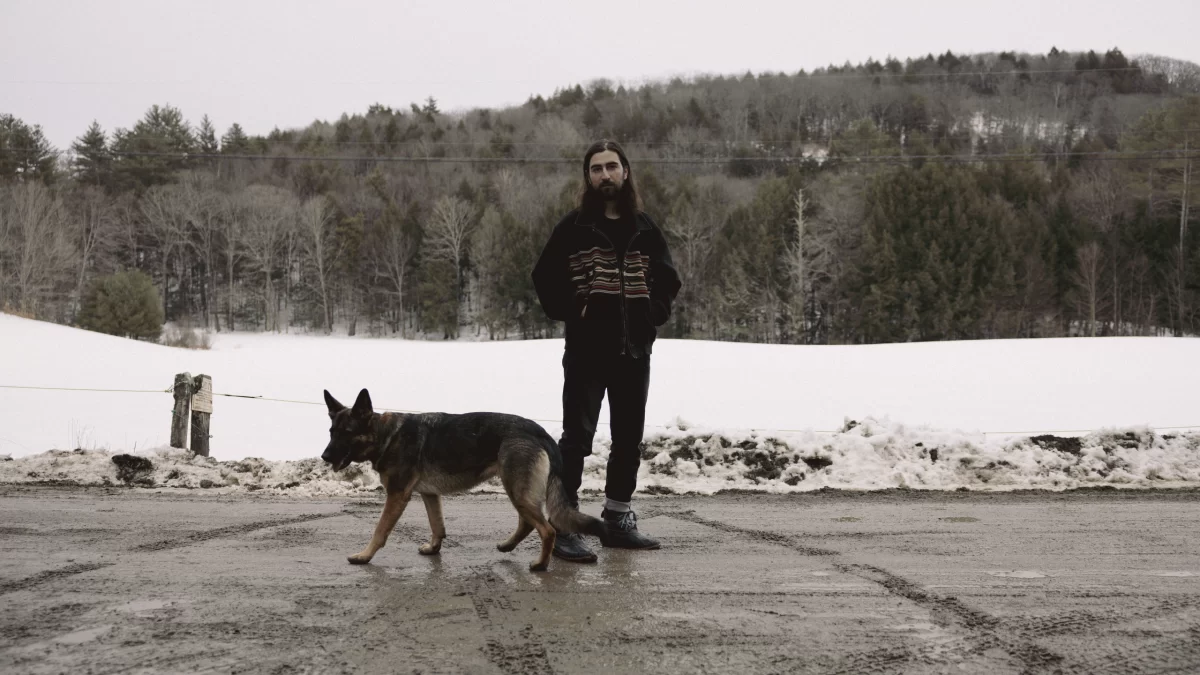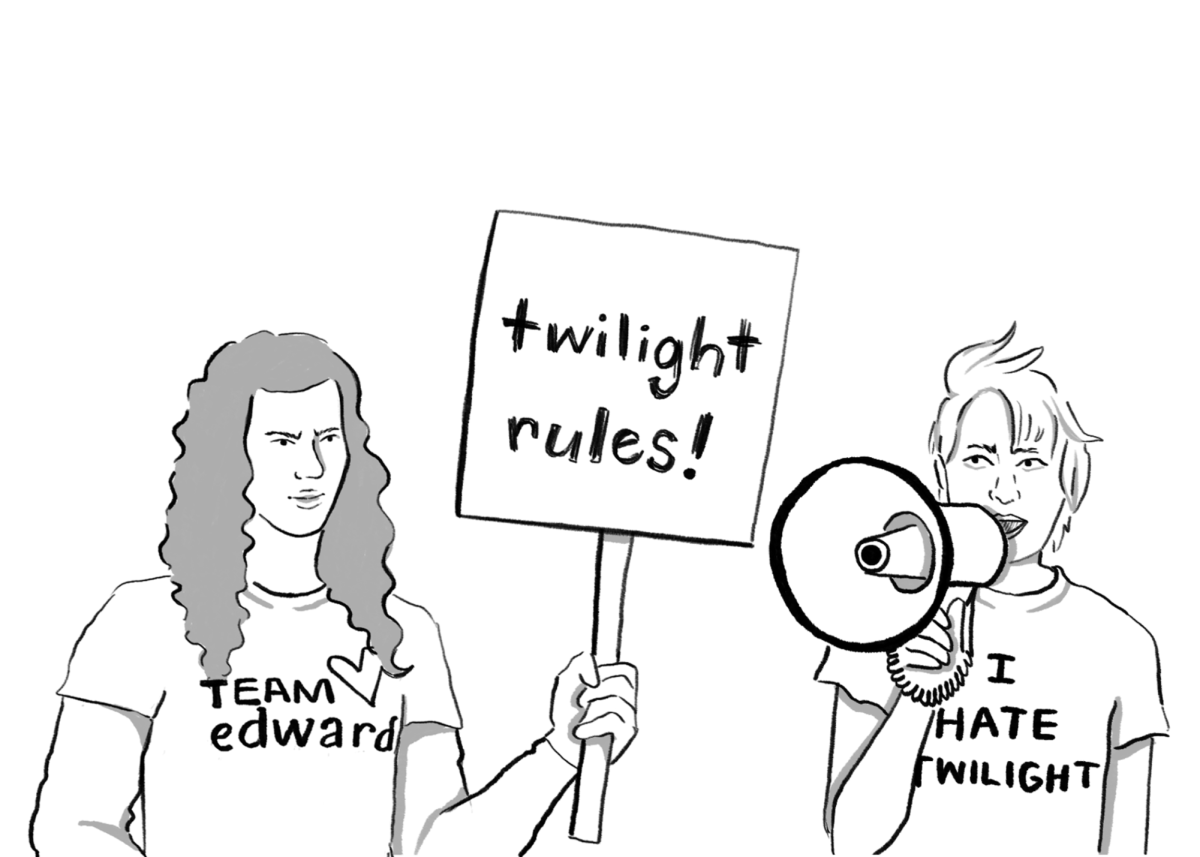If you find yourself wondering where exactly you belong during Fall Quarter at UC San Diego, Noah Kahan’s “Stick Season” might speak to you on an individual level. While a small town in Vermont may not be akin to the vastness of UCSD, there is a sense of community found in how students experience the grueling transition of seasons during Fall Quarter, collectively feeling like the long-awaited winter break is just the light at the end of the tunnel.
Noah Kahan’s poetic lyrics encapsulate the raw emotions and introspection often associated with the adjustment from a vibrant autumn to the muted pastels of winter. The song was re-released Oct. 14, a time when UCSD students were neck-deep in midterms, making the song resonate profoundly with the experiences that accompany this season of transition. At its core, “Stick Season” beautifully captures a sense of longing for moments passed and the experience of self-transformation, echoing the sentiments of many students as they navigate the rigorous demands of the academic year while being dealt a deck of both hardship and success. The melancholic melody and sentimental lyrics create a bittersweet statement on change, reflecting the evolving landscapes both within and outside oneself.
The most change occurs in the midst of Fall Quarter, both academically and personally — from the people you meet who might change your life to a class that may influence you to change your major — and students may come out a different person than when they started the year. The first lyric in the second chorus, “and I’ll dream each night of some version of you,” initially makes the listener assume Kahan is referring to an external person, potentially a long-distance lover or friend. However, in my opinion, this lyric epitomizes the feeling that comes with laying in bed at night trying to fall asleep and reflecting on the different people you have become during different stages in your life.
For UCSD students entrenched in Fall Quarter, the song serves as a poignant hymn to our experiences. The beginning of the academic year often ensues a surge of enthusiasm, anticipation, and a fresh start. However, as the leaves start to fall and the days are over by 4 p.m., a palpable shift occurs. The initial ardor wanes, replaced by a sense of rumination and a collective recognition that time is slipping away.
In “Stick Season,” Kahan’s lyrics about feeling lost, the passage of time, and the struggle to find purpose deeply resonate with students navigating the complexities of college life. The song’s
motifs of uncertainty and self-discovery are emblematic of the challenges we face. One standout lyric, “and I’m split in half but that’ll have to do,” calls attention to the act of reflecting on the person you are in college compared to the person who existed before college, a common occurrence for many college students. Sometimes, we are reminded of that person who was a fresh high school graduate when we return to our respective homes, and we remember that college is a time of finding our place, dealing with academic pressures, and the broader quest for identity and purpose that we are so eager to find.
Moreover, the term “stick season” itself — a colloquial expression used in parts of New England to describe the period between autumn’s saturated palette and winter’s icy embrace — resonates profoundly with the transitory phase that students encounter. It embodies a limbo state, where the excitement of the new year has faded, yet the clarity of winter, or in this case, the end of the quarter, is not yet in reach. The song’s somber yet hopeful tone can serve as an anthem for students navigating these emotions. It acknowledges the struggles of this phase while subtly infusing a sense of resilience and optimism — a reminder that this time of uncertainty is a crucial part of the expedition toward the quest for one’s identity.
Ultimately, “Stick Season” isn’t just a song; it’s an emotional landscape that mirrors the complex and multifaceted experiences of UCSD and other college students during their Fall Quarter. Through Noah Kahan’s emotive storytelling, this masterpiece provides solace and a sense of camaraderie, assuring students that they’re not alone in their journey through this transitional phase of life.
Image courtesy of WKRN










